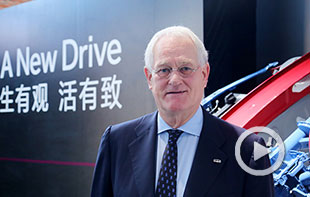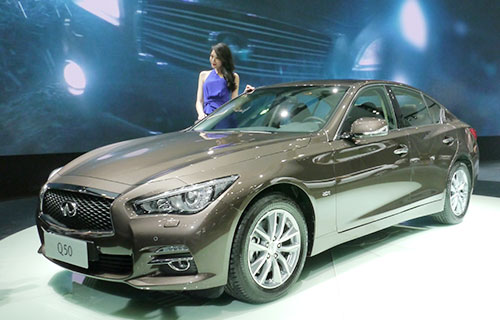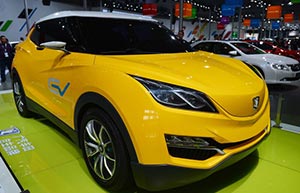Automakers look to drive sales overseas
Updated: 2013-09-03 08:40Chinese carmakers will have to rethink strategy, improve products in order to compete globally, reports Alfred Romann in Hong Kong.
More than 1 million new cars were sold in Indonesia last year. That fact alone makes the Southeast Asia giant a very desirable market for automakers.
Indonesia accounts for about 40 percent of the population of the Association of Southeast Asian Nations and its economy has been growing fast, at more than 4 percent a year for more than a decade. It is a natural export market for Chinese auto manufacturers looking to up their market share.
And it gets better.
Earlier this year, the Indonesian government launched new tax incentives for low-cost green cars, which give automakers another reason to get into the action. The government has cut the luxury tax by 25 percent for cars that have a fuel efficiency of 20 kilometers per liter, 50 percent for 28 km per liter and 100 percent for cars that can go even further.
But there is a catch. These vehicles must be assembled domestically and as much as 84 percent of the components must be made locally. Virtually no Chinese automakers are in a position to take advantage of those tax breaks. For the time being, Japanese automakers will continue to dominate the market.
Not only in Indonesia but in most foreign markets, Chinese automakers are having a hard time competing with more advanced multinational manufacturers from Japan, South Korea, Europe and North America.
Chinese companies want to go abroad, but their offerings are still of lower quality and the after-sales service typically weak because they generally do not have the networks in place to provide quality services, said John Zeng, managing director at LMC Automotive Consulting in Shanghai.
Aside from a couple of standouts such as Great Wall Motors Co Ltd, Chery Automobile Co Ltd and possibly Zhejiang Geely Holding Group Co Ltd, most Chinese automakers simply cannot compete in this area.
"(Chinese automakers) are quite eager to go overseas. It is a great marketing tool for them to go overseas. It is good advertising for them,"said Zeng. The problem is that "most of them are treating overseas markets as a trading business. They mainly rely on price as a weapon".









